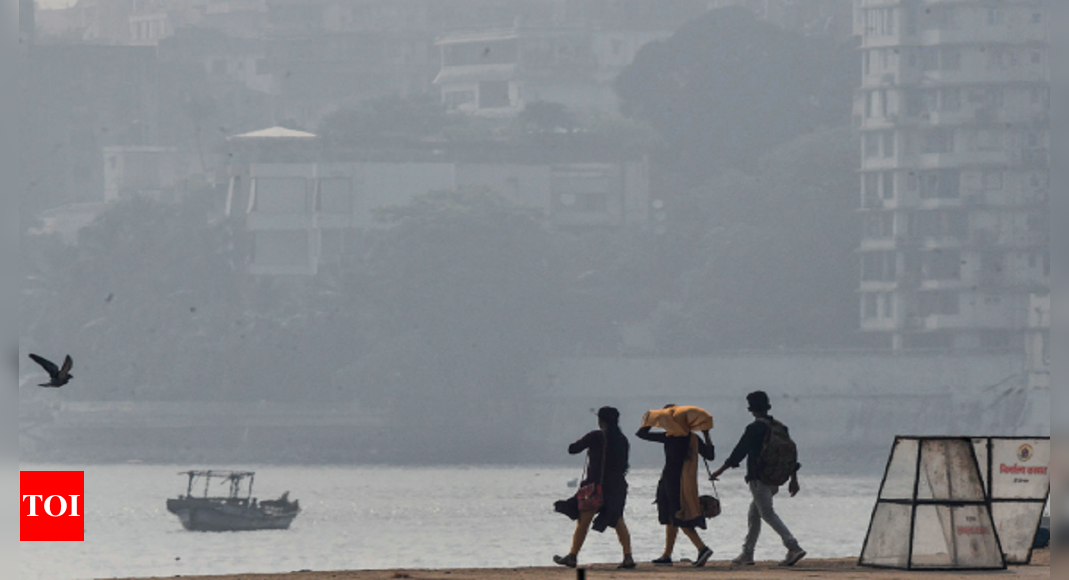Immediately stopping all construction activities, entry of trucks and heavy vehicles to the city, shutting polluting installations, and enforcing odd and even scheme for private vehicles are top four emergency actions that have been suggested under the response plan if the city’s air quality index with PM2.5 and 10 persists with 300ug/m3 or 500ug/m3 levels respectively for 48 hours which is considered as ‘very severe’ pollution.
With technology providers being requested by industries and BMC to install pollution control devices in the city to improve air quality, the state pollution control watchdog, MPCB, has set up an evaluation committee with private industries, technology providers, MPCB and BMC officers as members and representatives. The committee will review and assess effectiveness of the techniques to make informed decisions on their adaptations, said MPCB member secretary Avinash Dhakne in a letter issued to various government offices. The committee will evaluate and compare techniques on various criteria – efficiency, cost effectiveness, environmental impact, and will develop a standard evaluation framework besides timely check of their performances and suggesting remedies.
The state government too has put out a slew of guidelines in this regard. Unlike BMC, which had suggested 35ft tin sheets around construction sites having a height of over 70 metres, the state guidelines suggest 25ft high tin sheets around construction sites having height of more than 50 metres (see graphic).
MPCB has devised a list of situations vis-a-vis air quality index levels and has suggested action to be initiated in such situations by different authorities. For instance, if AQI is in ‘severe’ category where PM2.5 or PM10 concentration value of 300ug/m3 or 500ug/m3 respectively persists for 48 hours, entry of trucks, heavy vehicles into city have to be stopped by traffic police and RTO, construction activities have to be halted by the municipal corporation or MPCB and other measures have to implemented to curb pollution levels.
“The graded response action plan is a mechanism that brings together multiple stakeholders and authorities to prevent further deterioration of air quality once it reaches a certain threshold in Mumbai city. Therefore, implementation of GRAP at ward level is crucial for taking appropriate measures to address different levels of air pollution as per the AQI, particularly with reference to episodic rises in pollution levels due to winter weather conditions,” said Dhakne in his letter to municipal authorities.
Air quality of Maharashtra with monitoring data available is mostly observed to be in the range of ‘satisfactory (PM2.5: 31-60ug/m3, PM10: 51-100 ug/m3) to moderately polluted’ (PM2.5:61-90ug/m3, PM10: 101-250ug/m3) for which measures have been prescribed in non-attainment city action plans. Upon NGT’s directives to develop emergency response systems, including the graded response action plan, for the state, came the response plan to be implemented by various authorities, the letter said.
In case of severe AQI condition where PM2.5 or PM10 concentration is 250 ug/m3 above and 430ug/m3 plus respectively, hiking of parking fees 3-4 times to discourage private vehicles, and increasing metro, local and bus services have been suggested.











